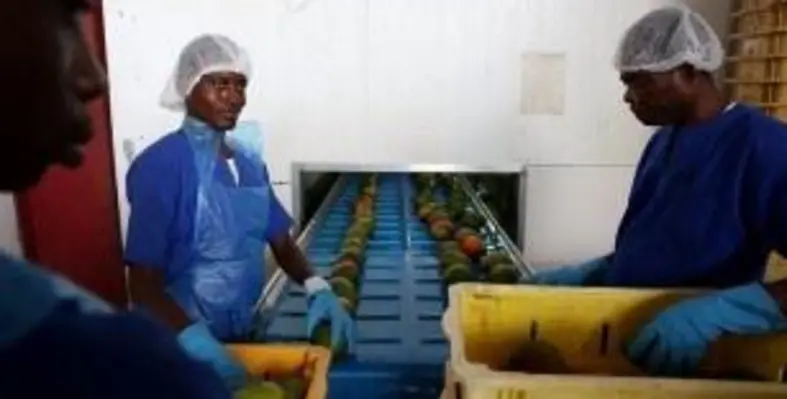The African Development Bank (AfDB) has signed an agreement with Sudan’s DAL Group for the provision of up to US$75mn to improve the agribusiness sector, as well as leveraging private sector investments
The agreement is the Bank’s first private-sector loan to the East African nation.
The Bank loan will contribute to DAL Group’s Investment Programme, part of the company’s strategic growth initiative for Sudan and the East African region. Under this programme, DAL Group aims to reduce the nation’s dependence on imports and increase its capacity to source and produce raw material locally.
The financing will support DAL Group initiatives toward creating a conducive work environment for women and promoting equal opportunities for employment, such as up-skilling and training, creating an adapted industrial working environment that accommodates the cultural needs of women, as well as family-friendly work schedules and social benefits.
The transaction presents an opportunity for the Bank to leverage private sector investments which have considerable development outcomes and additionality, as well as opportunity to support an otherwise underserved Transition State.
The DAL Group employs more than 8,200 people and with the new support from the African Development Bank, the Group will be in a position to create more than 2,000 additional jobs over an eight-year period.
Towards Africa’s agricultural transformation
Jennifer Blanke, AfDB’s vice-president for agriculture, human and social development, said, “This is AfDB’s first private-sector loan in Sudan. I am delighted that it is in agriculture and agri-business, which is so important for Sudan’s development.”
The Bank-DAL Group agreement is in line with the priority development objectives of the AfDB Group and consistent with the Bank’s action plan for African agricultural transformation, known as Feed Africa. The Bank’s Feed Africa strategy focuses on transforming African agriculture into a globally competitive, inclusive and business-oriented sector that creates wealth, generates gainful employment and improves quality of life.












